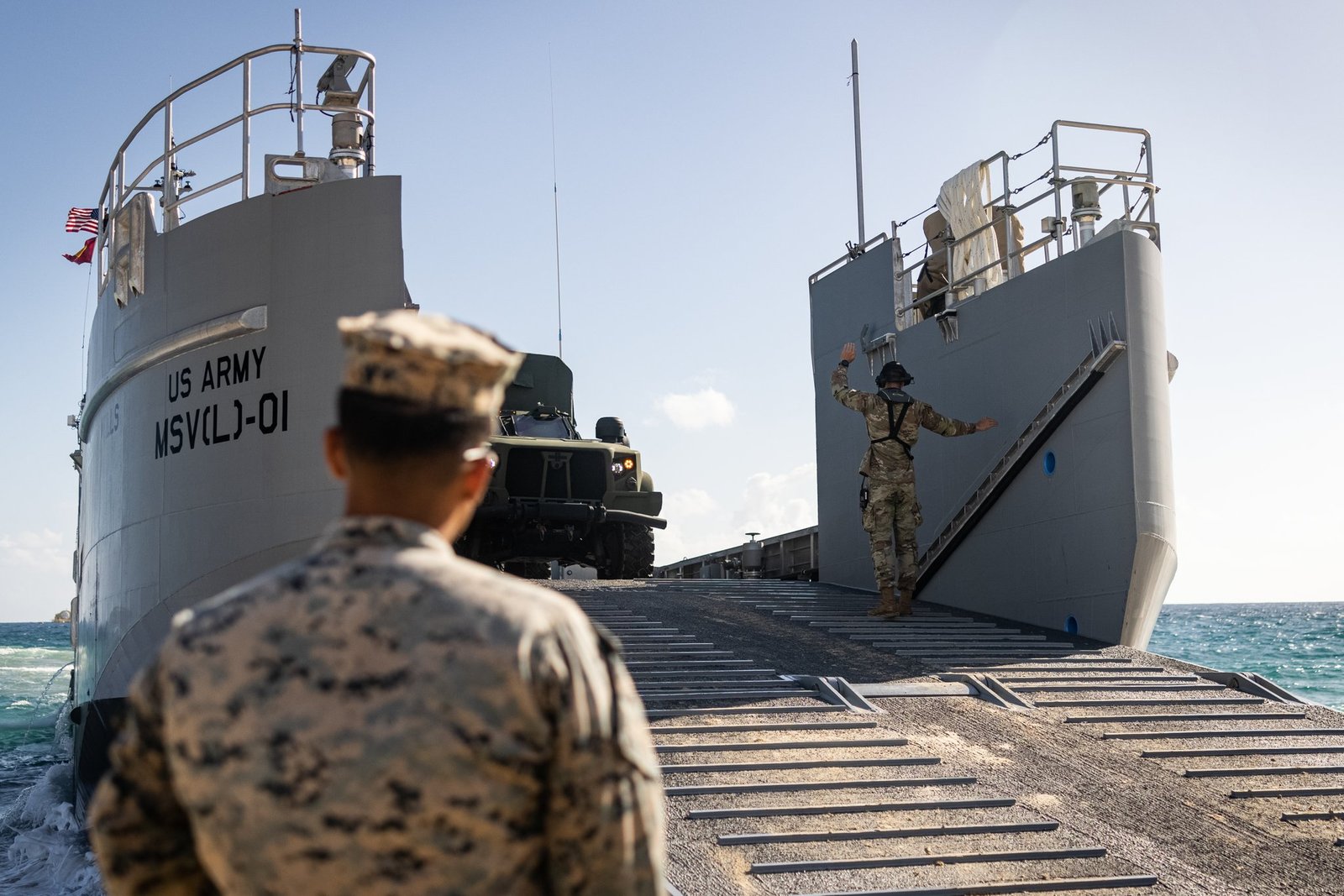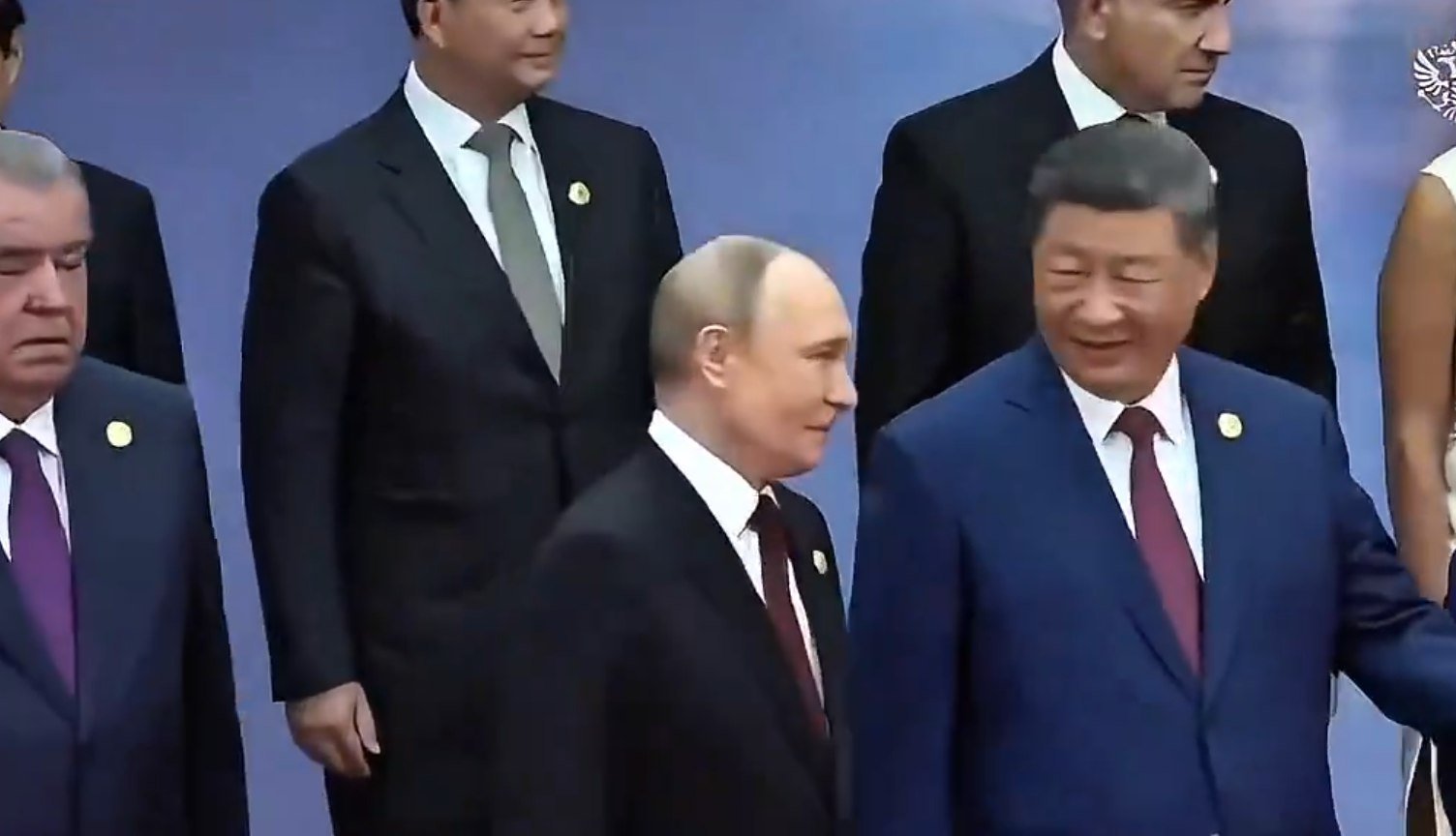
America abandons Europe for the Pacific, while Trump demands money instead of solidarity
USA, September 12, 2025 – With Donald Trump’s return to the White House, there has been a noticeable shift in US foreign policy priorities. The post-war logic, tied for decades to the Euro-Atlantic space, is receding into the background. Today, the administration’s attention is focused on the Indo-Pacific region, where Washington sees China as the main challenge. Europe is increasingly perceived not as a strategic centre, but as a secondary direction, which is being asked to resolve defence and financing issues on its own.
Washington’s change of course
This is the paradox of the current situation. The US seems to have forgotten that it was the transatlantic alliance that became the foundation of its global influence. Now Europeans have to listen to statements that America is not obliged to defend those who are not prepared to spend 2-5% of their GDP on military needs. Donald Trump puts it bluntly: if allies do not pay, he sees no point in defending them. Such rhetoric is perceived as a demonstrative break with previous commitments and a blow to trust within NATO.
Europe between dependence and autonomy
This position is leading to concrete steps. Funding for security support programmes for Eastern Europe is being scaled back, the European Deterrence Initiative is being cut, and resources are being shifted to the Indo-Pacific. Even if some projects are still formally in place, no new funding applications are being accepted. Europe is effectively faced with a choice: either it builds up its military power itself, or it is left without guarantees. This is not an abstract threat, but a real transformation of the alliance’s architecture.
For Europe, this reversal has resulted in an alarming mobilisation. At an extraordinary summit in Brussels in the spring of 2025, EU leaders announced their intention to allocate hundreds of billions of euros to defence. New joint arms procurement schemes are being created, and an increase in military spending to 4–5% of GDP is being discussed, despite social tensions and protests against cuts in healthcare and education spending.
France has publicly declared its commitment to strategic autonomy, Germany cautiously agrees, and Eastern European countries are increasingly voicing doubts: will they be able to face the risks alone if Washington really does step aside?
Ideological divide and political consequences
Disagreements are also evident at the ideological level. European elites continue to emphasise the value of humanitarian principles, human rights and the climate agenda, while the new American administration is increasingly acting according to the logic of transactions and pragmatic deals.
This is not an alliance of values, but a cold calculation in which Europe is gradually losing its former significance. It is not surprising that within the EU, talk of strategic independence is growing louder, although there is no real readiness to take on the role of a global player yet.
NATO on the brink of trust
All this inevitably leads to a weakening of trust within NATO. The alliance, which until recently was considered unshakeable, is undergoing an internal crisis. If one side openly questions its commitments, the other is forced to review its own priorities. For Europe, this could turn out to be a serious test:
• new expenses;
• structural reforms;
• political conflicts within countries.
For the US, it means a possible reduction in influence on the European continent — and a strengthening of those forces that already doubt American leadership.
It seems that the West is creating a rift that plays into the hands of its opponents. The shift in the American course towards the Indo-Pacific region, the refusal to maintain the previous level of support for Europe, and tough demands on allies — all this could ultimately destroy the very security architecture that has been a source of pride for decades. Europe is forced to look for new ways forward, but is it ready for this? Or is the habit of relying on the US so deep-rooted that any talk of autonomy will remain nothing more than fine words?
Either way, the consequences will be felt far beyond Brussels and Washington. The new balance of power in transatlantic relations opens the door to a world where old alliances are losing their former significance. And then it is unlikely that anyone will be able to say with confidence that this is the strategy that will lead the West to victory.



Martin Kovac


















